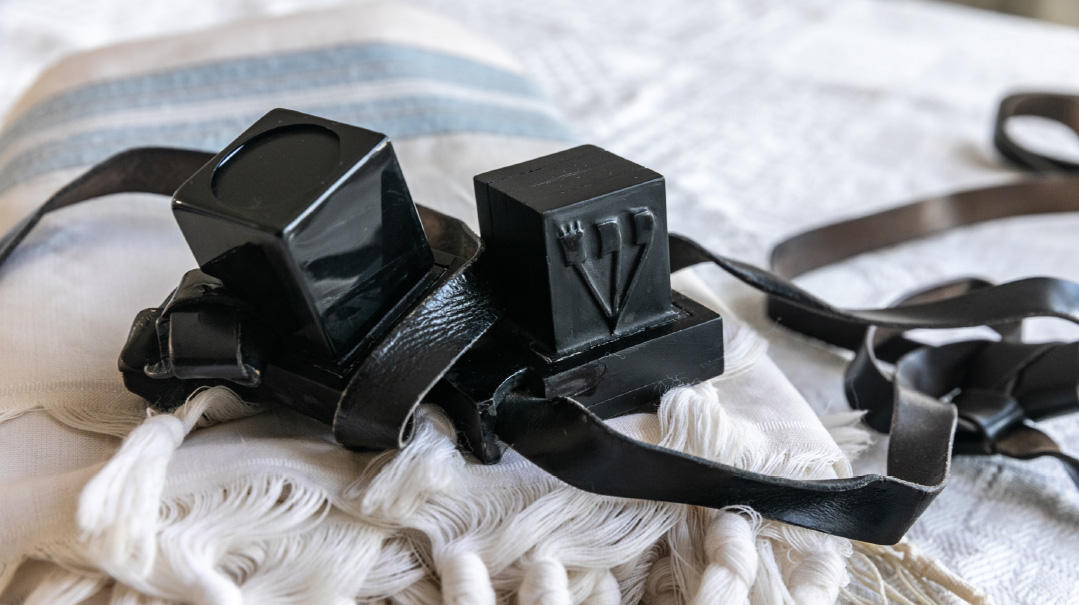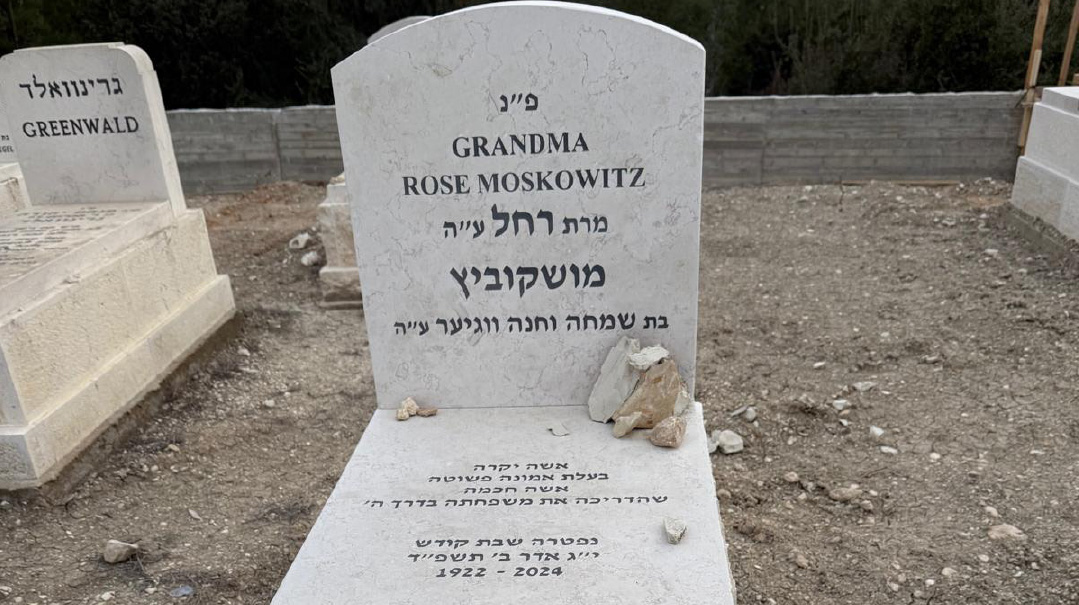The Miraculous Mission


I
t was summertime, 1951.
I was a young wife and mother, residing in Camp Bais Yaakov while my husband stayed in Boro Park during the week, tending to our fledgling yeshivah, known as Yeshiva and Mesivta d’Be’er Shmuel.
Let me backtrack first to fill you in on some background information about Boro Park then, just after World War II:
Our yeshivah opened in 1950 when throngs of refugees and survivors were arriving from Europe, many broken and penniless, struggling to earn a living and rebuild their lives and families. First and foremost, they were seeking to provide their children with a proper Jewish education, like what Yiddishe kinder had in the alte heim before the war.
Thus, my husband, Rav Moshe, although still in his early twenties, assisted his father, Rav Yosef Yona Zvi in founding Yeshiva and Kahal Be’er Shmuel in Boro Park, in memory of his grandfather, the Be’er Shmuel, whose kehillah and yeshivah flourished in Unsdorf, Czechoslovakia, before the war.
Spreading the light of Torah and reflecting the lost glory of prewar Europe was an objective that my father-in-law, Rav Yosef Yona Zvi Horowitz, had seen as imperative. He had served (before the war) as rav in Unsdorf (after his grandfather) and then in Frankfurt, Germany. Now, with the support of old friends and students, he was ready to rebuild anew — in Boro Park.
Although aged from the travails of war, and his beard now silver-white after the Nazis shaved the dark one, he was nonetheless committed, with his son Rav Moshe his right-hand man.
Back to the story… by the summer of 1951 we already had a functioning cheder as well as a beis medrash for teenage boys. My husband, already fluent in Shas and an expert in all four parts of the Shulchan Aruch by age 19, was teaching the beis medrash bochurim as well as attending to the myriad responsibilities that kept arising in our growing institution.
These bochurim were like our extended family, both their spiritual and material needs our concern and responsibility, especially boys like the Habermans,* coming all the way from Tangier, Morocco.
During the war, Tangier was a haven for Jews escaping the Nazi inferno, so the Haberman family had fled there from Budapest before the war. Now, when they heard about the reopening of Be’er Shmuel, they sent their two teenaged sons to learn in its beis medrash.
The boys stayed in our dormitory on 46th Street, where my father-in-law lived. They occupied the apartment one flight up from my in-laws.
So, when the older Haberman boy, a 17-year-old, suddenly became ill and feverish, my husband was automatically on the scene and involved with his care. He took him to the doctor, who diagnosed it as a regular sore throat, and sent the boy home with appropriate medication.
However, with time his condition worsened… till he was burning up with a fever of 106.
My husband rushed with him to Kings County Hospital, where his situation continued deteriorating. The devastating diagnosis was fatal meningitis, with little or no chance for recovery.
We were in touch by phone throughout the ordeal, my husband and I, so we were living it together. He continuously updated me about everything that was happening. He declared he would remain at the sickbed nonstop to say Tehillim.
“Imagine,” he said, “reporting to the Habermans that a deadly disease claimed their son’s life! It is unthinkable… we must daven for a miracle.”
He sat all night saying Tehillim and trying to contact tzaddikim of the time for their counsel and blessings. The Lubavitcher Rebbe ztz”l suggested putting a mezuzah under the boy’s pillow. As time passed and the situation remained dire, my husband tried reaching other rebbes, including the Skverer Rebbe, and the Belzer Rebbe, Reb Aharon, for their blessings and to add a name.
But communication was not as high-tech and simple as it is today. He couldn’t get through by phone, so he sent a telegram instead.
Finally, he informed me in desperation that he was going to add a name himself. And he did. He added the name “Alter,” and continued praying through the night.
By the next morning, there was news… finally, a glimmer of hope.
My husband described how at the earliest hour of predawn, an intern stepped into the room.
Since it was holiday season, the hospital was understaffed and numerous interns were on call. The apparently religious Jewish doctor introduced himself by name and began attending to the boy. He lingered a long time, perhaps because he saw a religious boy, his long peyos dangling. He put ice on his chest, massaged him gently, then turned him over and put ice on his back.
The boy’s condition suddenly began to improve, the fever started going down, and medical personnel stood wondering at this inexplicable turn of fate.
How pleased was my husband too, when a telegram arrived in the morning from one of the rebbes he’d tried contacting, with instructions to add Alter to the boy’s original name… as my husband had already done in middle of the night.
Together, we sighed with relief, and overwhelming gratitude to the Ribbono shel Olam.
We notified the Habermans that their son had survived meningitis and was recuperating in Kings County Hospital. Doctors debated if the boy was sufficiently stable to cope with seeing family, and decided that, yes, when Mrs. Haberman arrived in New York a few days later she could visit.
How grateful she was to see her son alive and well on his way to a complete recovery.
She asked Rav Moshe for the name of the doctor whose skilled hands had facilitated her son’s healing. My husband gave the name he remembered clearly from that fateful night.
Remarkably, though, after repeated inquiries at the nurse’s station, Mrs. Haberman discovered that there was no such doctor — nor any such name on file anywhere on hospital records, neither current nor past…
Clearly it was a messenger — Heaven-sent — on a miraculous mission of salvation in direct response to the fervently uttered psalms of Dovid Hamelech.
(Originally featured in Mishpacha, Issue 721)
Oops! We could not locate your form.












